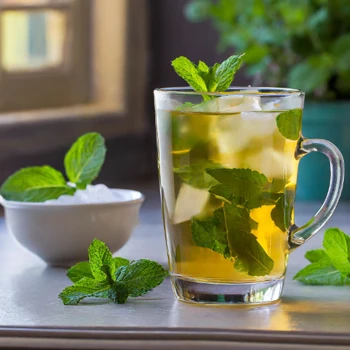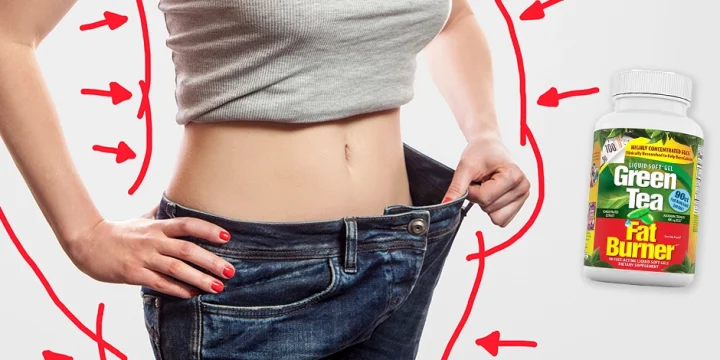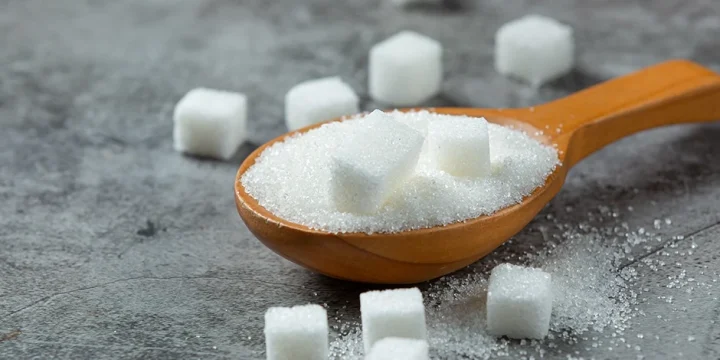As an experienced physician, I often see patients with elevated testosterone levels, which, while beneficial for muscle strength, libido, and overall energy, sometimes require regulation.
In this pursuit, I've explored the role of spearmint, especially in tea form, in lowering testosterone levels.
Quick Summary
- Spearmint decreases free testosterone levels within the blood when consumed as an essential oil or tea.
- Foods like soy, alcohol, processed foods, and nuts may be another factor in lowering testosterone levels.
- A study published in PubMed indicates that spearmint tea may benefit patients with Polycystic Ovarian Syndrome (PCOS) by normalizing testosterone levels and reducing follicle-stimulating hormone (FSH).
- Based on my experience, spearmint tea offers a promising natural alternative for those seeking to regulate testosterone levels.
How Does Spearmint Tea Lower Testosterone?

Spearmint tea lowers testosterone levels by addressing the underlying causes that lead to increased testosterone, such as insulin resistance.
This condition exacerbates the symptoms of hyperandrogenism (excessive occurrence of the male sex hormone testosterone).
In my practice, I've referred to several studies from the National Library of Medicine, and it's been consistent with what I've observed – spearmint really does reduce free testosterone levels when my patients consume it as tea or use it as an essential oil [1][2].
Spearmint tea is more than a hormone helper; its antioxidants boost overall health. Great for those with high testosterone, it also tackles hirsutism, reducing unwanted facial hair in women. However, its testosterone-lowering effect can hinder muscle-building efforts.
The Journal of Applied Physiology confirms testosterone's role in muscle growth, so bulking up might mean less spearmint tea [3]. And, peppermint's similar effects, per National Institutes of Health studies, hint this might be common in mints [4].
Other Foods That Lower Testosterone
In my practice, I've advised patients to try not just spearmint but also other herbal teas like green tea or licorice root tea for hormonal regulation. It's interesting to see how each individual responds differently to these natural remedies.
Here are some foods that kill testosterone you should be wary of if you’re watching your levels of testosterone.
Soy Products
One study available in The Journal of Nutrition showed that consuming soy protein isolate daily decreased testosterone levels [5].
On the other hand, a clinical review study by Fertility and Sterility found that soy and soy products do not affect testosterone levels [6].
Further research is required to gain a full understanding of the effects that soy products may have on hormones.
Alcohol
Most people know that alcohol can be extremely harmful to the liver in high quantities, but research published in Annual Reviews suggests that alcohol can also lower levels of testosterone in men [7].
Excessive alcohol use is also associated with an increase in sex hormone-binding globulin (SHGB) as shown in studies published in Oxford Academic on Alcohol and Alcoholism [8].
SHGB controls the levels of hormones delivered to tissue, and its elevation can cause a decrease in levels of testosterone, as shown by studies conducted by the British Journal of Urology [9].
It’s important to moderate alcohol consumption to reduce these risks and maintain normal hormone levels.
Processed Foods

According to the Journal of Food Science and Technology, highly processed foods often include high levels of trans fats, which have many known adverse health effects [10].
“Processed foods are often high in trans fats, which have been shown to decrease testosterone levels and impair reproductive performance in human and animal studies.”
– Rachael Link, Master of Science, R.D.
Nuts
Spearmint Tea and Polycystic Ovarian Syndrome

Polycystic ovarian syndrome or polycystic ovary syndrome (PCOS) is a hormone regulation disorder that affects women during their reproductive years.
In dealing with PCOS patients, I've observed that spearmint tea can sometimes offer relief from high androgen levels. It's fascinating to also consider its potential impact on male fertility, especially in terms of sperm quality and libido, based on what I've seen in my practice.
Hormone imbalances in PCOS, causing symptoms like facial/body hair and irregular menstruation, may improve with spearmint tea, which normalizes testosterone and reduces FSH, a hormone linked to irregular hair growth.
However, consulting a healthcare provider is advised for those suspecting hormone disorders or PCOS.
Are There Any Side Effects to Drinking Spearmint Tea?
Yes, there are some side effects to drinking spearmint tea. These may include sleepiness, relaxed breathing, lowered testosterone levels, and potential impacts on mental health, such as mood and stress levels, due to its hormonal effects.
Based on my observations, while most people only experience minor side effects from spearmint tea, I always caution against mixing it with sedatives. I've seen a few cases where this combination led to enhanced sedative effects, which can be concerning.
According to reports by Medline Plus, Mint tea combined with sedatives compounds the effects and can cause breathing problems [14].
FAQs
Does Spearmint Tea Reduce Testosterone in Men?
Spearmint tea may reduce testosterone in men. However, while many studies have shown the effects in women and male rats, more research is needed to know if these effects transfer to men.
How Long Does Spearmint Tea Take to Lower Testosterone?
Spearmint can typically lower testosterone at a noticeable level after a month of drinking two cups per day.
Does Spearmint Tea Increase Estrogen?
Yes, drinking spearmint tea may increase estrogen levels in women, according to recent research.
References:
- https://pubmed.ncbi.nlm.nih.gov/19585478
- https://www.ncbi.nlm.nih.gov/pmc/articles/PMC5788221/
- https://journals.physiology.org/doi/abs/10.1152/jappl.1989.66.1.498
- https://pubmed.ncbi.nlm.nih.gov/15679984/
- https://www.sciencedirect.com/science/article/pii/S0022316622101008?via%3Dihub
- https://www.fertstert.org/article/S0015-0282(09)00966-2/fulltext
- https://www.annualreviews.org/content/journals/10.1146/annurev.nutr.20.1.561
- https://academic.oup.com/alcalc/article/34/6/903/192713
- https://bjui-journals.onlinelibrary.wiley.com/doi/10.1046/j.1464-410X.2002.02650.x
- https://link.springer.com/article/10.1007/s13197-010-0225-8
- https://journals.lww.com/ajandrology/fulltext/2017/19020/fatty_acid_intake_in_relation_to_reproductive.8.aspx
- https://www.nature.com/articles/ejcn2010266
- https://www.thieme-connect.de/products/ejournals/abstract/10.1055/s-0042-105288
- https://medlineplus.gov/druginfo/natural/845.html
About The Author
You May Also Like






